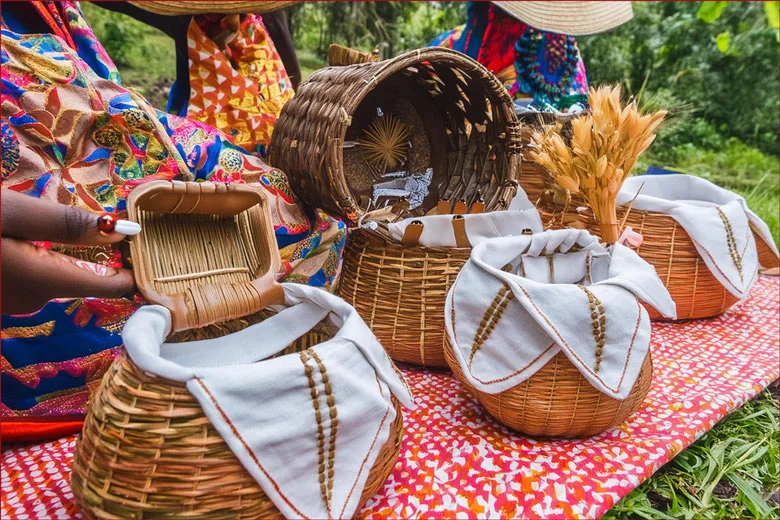
Why do couples often opt for both a traditional African wedding and a white wedding? Is there a deeper reason behind this duality, or is it merely a cultural trend? This puzzling phenomenon prompts many to question: Why do we feel the need for two ceremonies when one could suffice? In his exploration, Julius Kyazze sheds light on the underlying motivations driving this choice.
“African weddings are holistic, capturing everything essential in a union: spirituality, community, and family. They involve the entire community and deeply honour both families, making the marriage a shared experience rather than just a personal milestone. In contrast, white weddings often emphasise the visual and individual aspects of marriage, focusing on the couple’s journey rather than the broader familial and communal connections.
Given the comprehensive nature of African weddings, why do we feel the need to have both an African wedding and a white wedding? This dual approach seems redundant and wasteful. African weddings encompass all the necessary elements of a meaningful marriage ceremony. They are not just about the couple; they celebrate the union of families and the support of the entire community, ensuring that marriage is a shared, lifelong partnership.
Marriage was never meant to be a solitary endeavour between two individuals. It is a communal effort, supported by families and the wider community. This is why, even today, we seek financial and emotional support from our families during weddings. However, by adhering to both African and white wedding traditions, we are unnecessarily duplicating the process, which wastes time and money.
Instead, a church wedding or a civil marriage could fulfil legal or religious obligations, but these should be validated by an African wedding. The African wedding captures the true essence of marriage, emphasising community and collective strength. It is a celebration of love, unity, and a support system that sustains a lifelong commitment.
In conclusion, we do not need both weddings. African weddings alone provide a rich, holistic celebration that honours tradition, community, and family. Opting for both is not only redundant but also a waste of resources. The African wedding stands on its own as the ultimate expression of a meaningful and enduring union.”
By Julius Kyazze, African Creative Entrepreneur
